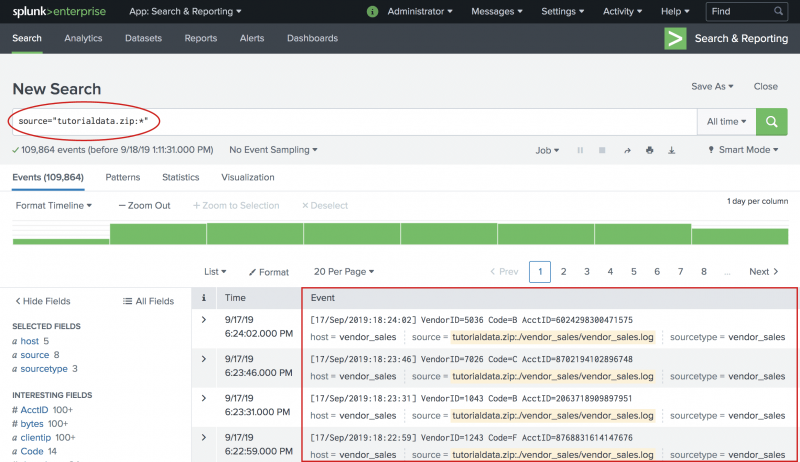

Splunk software tools full#
Heavyweight forwarder(HWF) – a full instance of Splunk with advanced functionality. Universal forwarder(UF) -Splunk agent installed on the non-Splunk system to gather data locally, can’t parse or index data What Is A Splunk Forwarder And What Are Types Of Splunk Forwarder?Īnswer: There are two types of Splunk forwarder as below: What Is Splunk Indexer? what Are Stages Of Splunk Indexing?Īnswer: The indexer is the Splunk Enterprise component that creates and manages indexes. What Are Components Of Splunk/Splunk Architecture?ĭeployment server -Manges Splunk components in a distributed environment SolarWinds Security Event Manager (SEM).IT is constantly embarking on attempts to replace it with open source alternatives, which is a distraction Best Splunk Alternative Optimizing searches for speed is more art than science.ĭashboards are functional but not as nice as tableau It can get expensive for large data volumes.


Efficiency and context: it allows to de-duplicate, collect, aggregate, and prioritize the threat intelligence from different sources improving the security investigations and efficiency as security operations are streamlined.Visibility: it allows us to collect non-security and security data across organizational silos and multi-cloud environments for better investigations and incident response.Splunk is a technology that is used for application management, security, and compliance, as well as business and web analytics. Its purpose is to make machine-generated data available on an organization and capable of recognizing data patterns, producing metrics, diagnosing problems, and providing intelligence for business operations purposes. Splunk captures, indexes, and correlates real-time data into a searchable container from which it can generate graphs, reports, alerts, dashboards, and visualizations. Splunk is a software primarily used to discover, monitor, and investigate machine-generated Big Data through a web-style interface. The main advantage of using Splunk is that it does not require a database to store its data, as it makes extensive use of its indexes to store the data. It analyzes the machine-generated data to provide operational intelligence. Splunk is an advanced, scalable, and effective technology that indexes and searches the log files stored in the system. The founders’ main goal is to market this developing technology in bulk so that it can be deployed in almost all types of use cases. Slowly and gradually, it became viral among most of the companies, and they started buying its enterprise licenses. The first version of Splunk was launched in 2004 which was well received by its end users. It was developed as a search engine for log files stored in a system’s infrastructure. The name ‘Splunk’ is derived from the word ‘spelunking’, which means exploring information caves. Rob Das and Eric Swan co-founded this technology in the year 2003 as a solution to all the questions raised while investigating the information caves that most companies face.


 0 kommentar(er)
0 kommentar(er)
